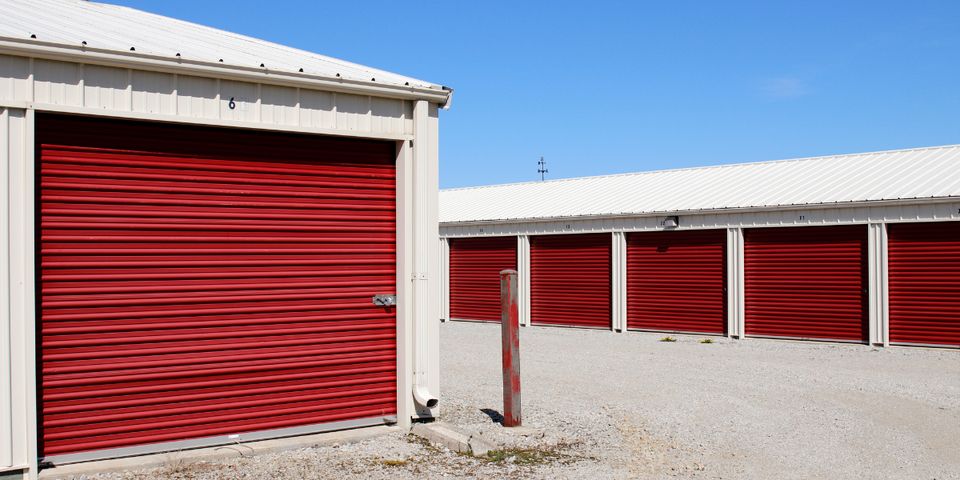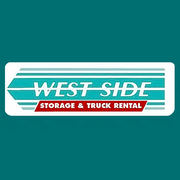The Essential Do’s & Don’ts of Self-Storage

Self-storage provides a secure way to keep your belongings safe when you’re moving or don’t have room to store them in your home. In order to make the most of your storage unit and protect your items, there are a few guidelines to keep in mind. Here are the do’s and don’ts of renting a unit in a self-storage facility.
Do:
Store items strategically.
An unorganized storage unit may prove to be a hassle later down the road, especially as time passes and you've forgotten where you've placed important items. That's why, before you start filling your self-storage unit, it's best to consider how you want to organize everything. In general, you want to keep the largest, heaviest boxes on the floor and place lighter, smaller boxes on top. Keep belongings you think you’ll need more frequently towards the front of the unit so you can get in and out quickly. In the event that you will need items in the back, you should clear a path to the back of the room for easy access. Overall, it's best to make sure all boxes and items are as accessible as possible.
Label everything.

The packing process can be long and arduous, and many people are tempted to skip labeling. However, it’s unlikely that you’ll memorize the contents of every box, so it is critical that you mark all of them. This will help you avoid opening and searching every box each time you need something.
Use a dark permanent marker to label what room the box belongs to, as well as a basic description of the contents. You can also draw arrows indicating which side is up to lower the risk of the contents shaking against one another and breaking. If the materials inside are fragile, write clear warnings on several sides of the box.
Don’t:
Store perishable items.
While self-storage is climate-controlled, it is still not the ideal place for perishables. Avoid storing food, plants, and other perishable items, as they can spoil and leave unpleasant smells, promote mold growth, and attract mice and other pests. This may damage your other stored items. Some canned goods may be acceptable, but be sure to clear them with the storage facility.
Wrap valuables in plastic.
You’ve probably wrapped up furniture and lighting for protection during a move, but this isn’t a good idea for long-term storage. Plastic wrap is effective for keeping belongings safe and free of scratches for a few hours or days, but over time, it can become hazardous. Plastic tends to trap condensation that quickly encourages mold growth. Instead, you can wrap pieces up for transport to the storage facility, but carefully remove the wrappings once you've place the furniture in your unit.
If you’re looking for a convenient and secure self-storage option, check out West Side Storage & Truck Rental in Cincinnati, OH. This family-owned company offers climate-controlled storage in a clean facility monitored 24/7 with state-of-the-art security systems. Visit their website for more information about storage services. To discuss your storage needs with a friendly staff member, call (513) 451-6474.
About the Business
Have a question? Ask the experts!
Send your question

